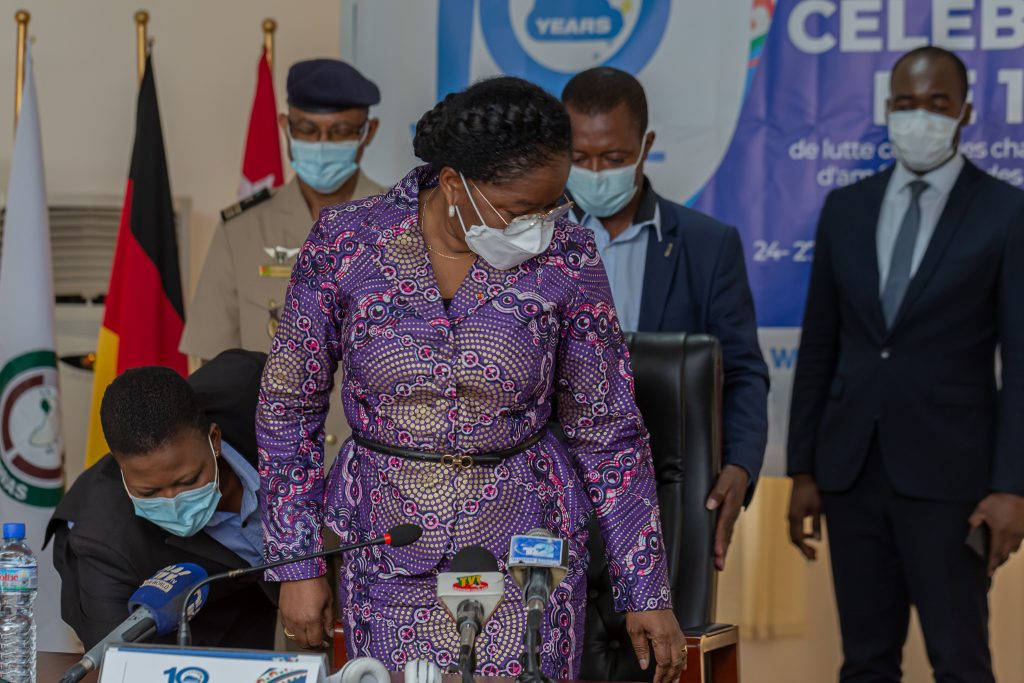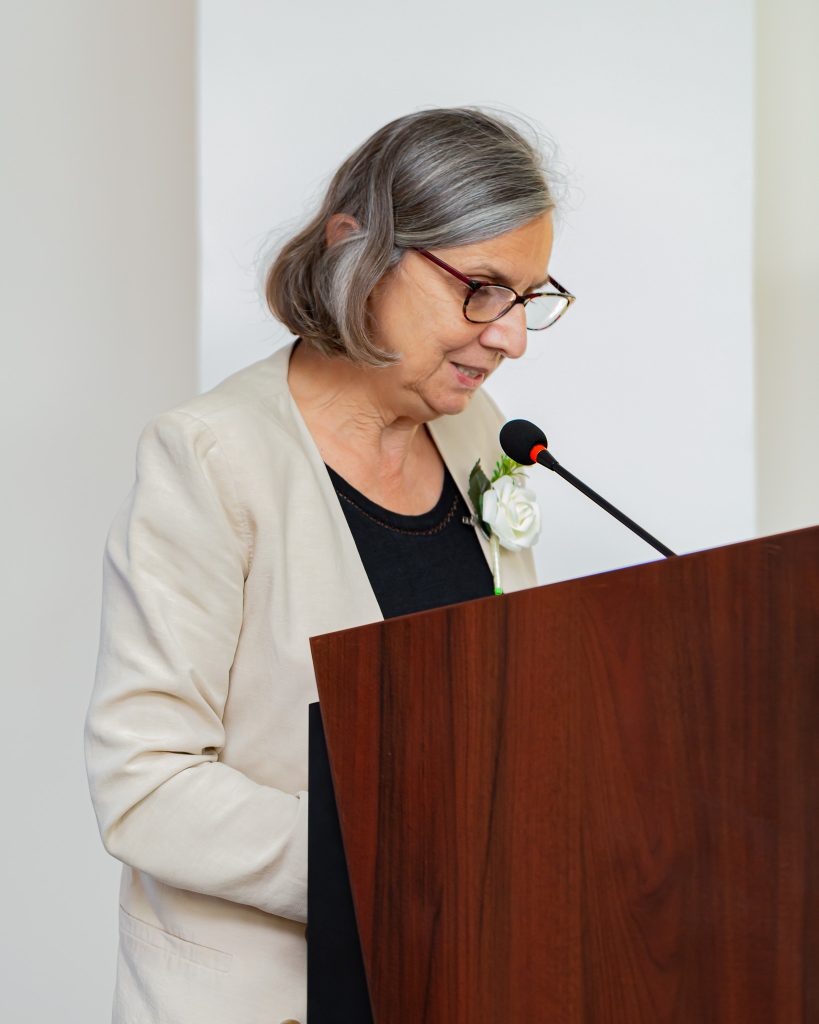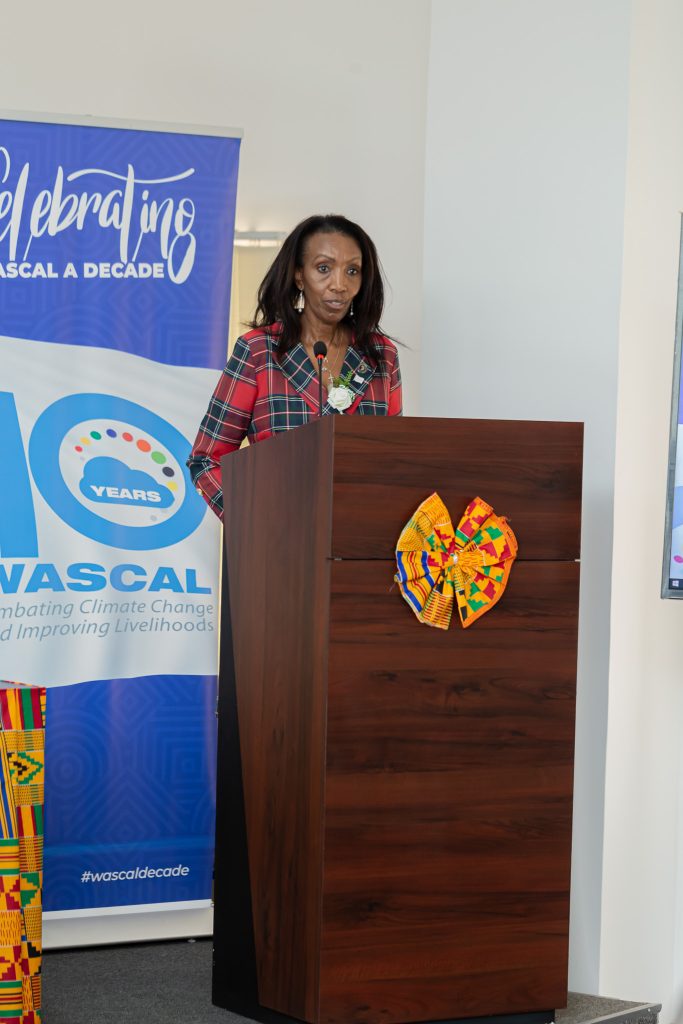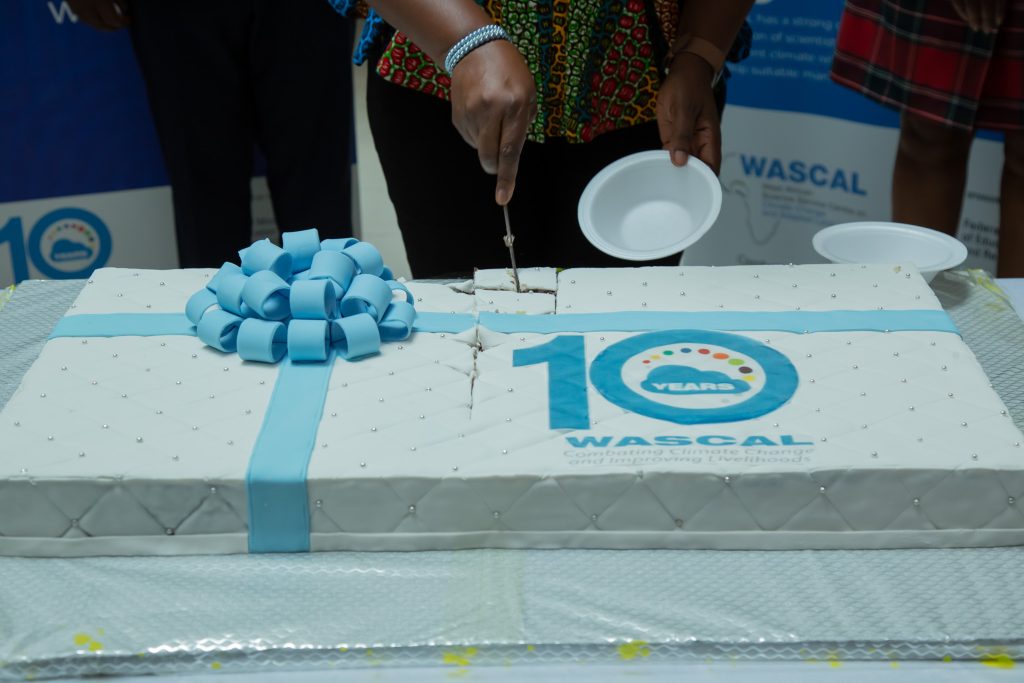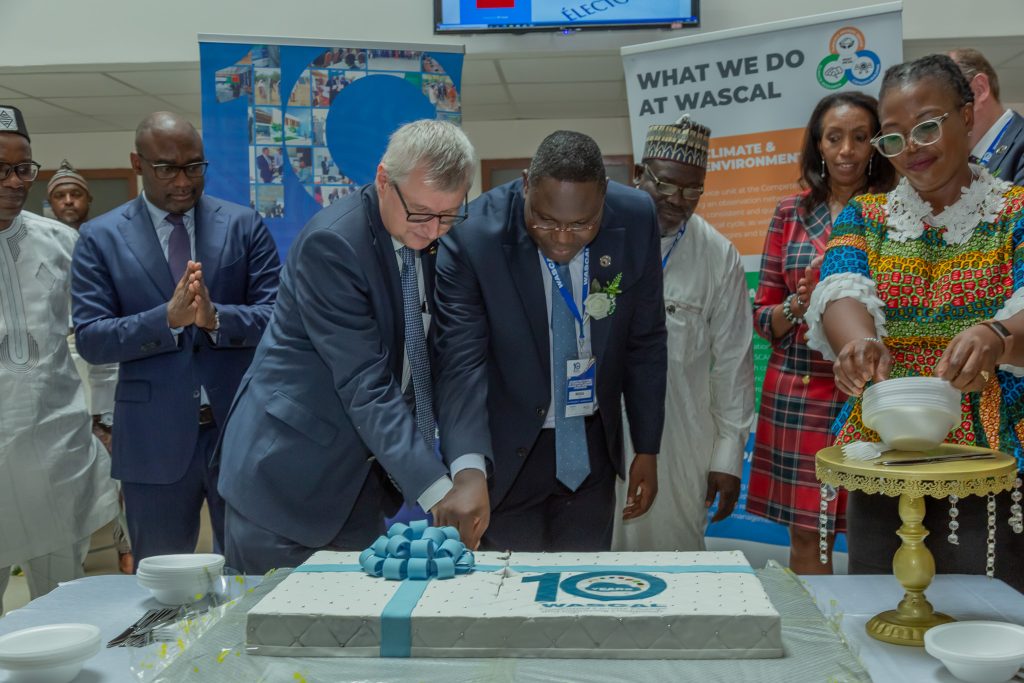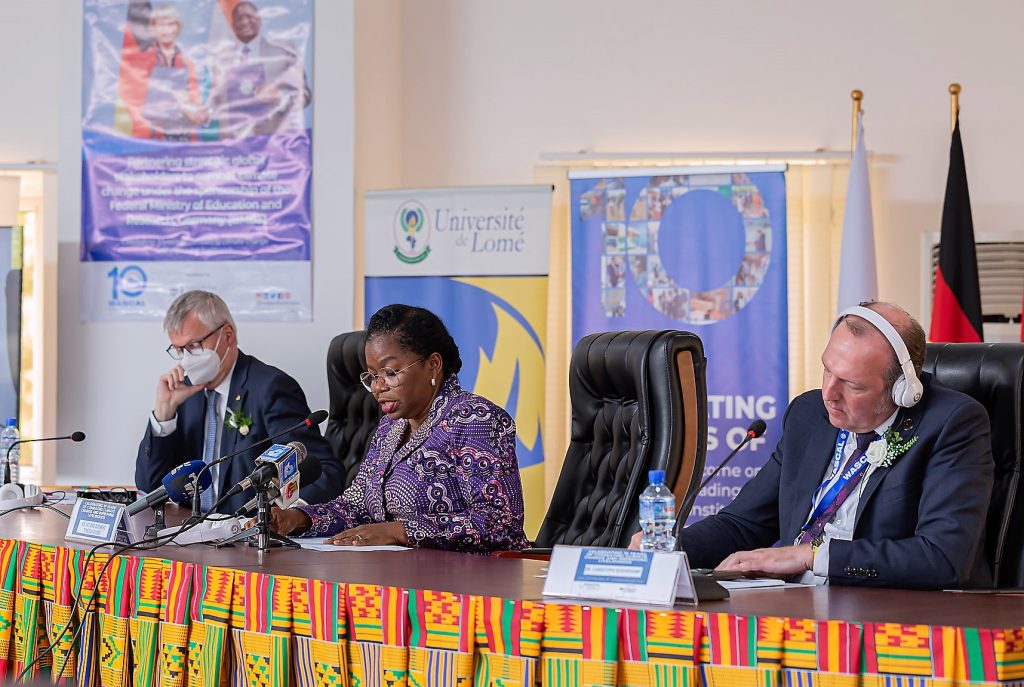
WASCAL has celebrated ten years of combating Climate Change, improving livelihoods, and promoting clean and sustainable renewable energy in West Africa. The celebrations of WASCAL A DECADE was held on 27th of May in Lomé. It was an opportunity for WASCAL to highlight progress made so far, including ongoing activities and the challenges for the next ten years.
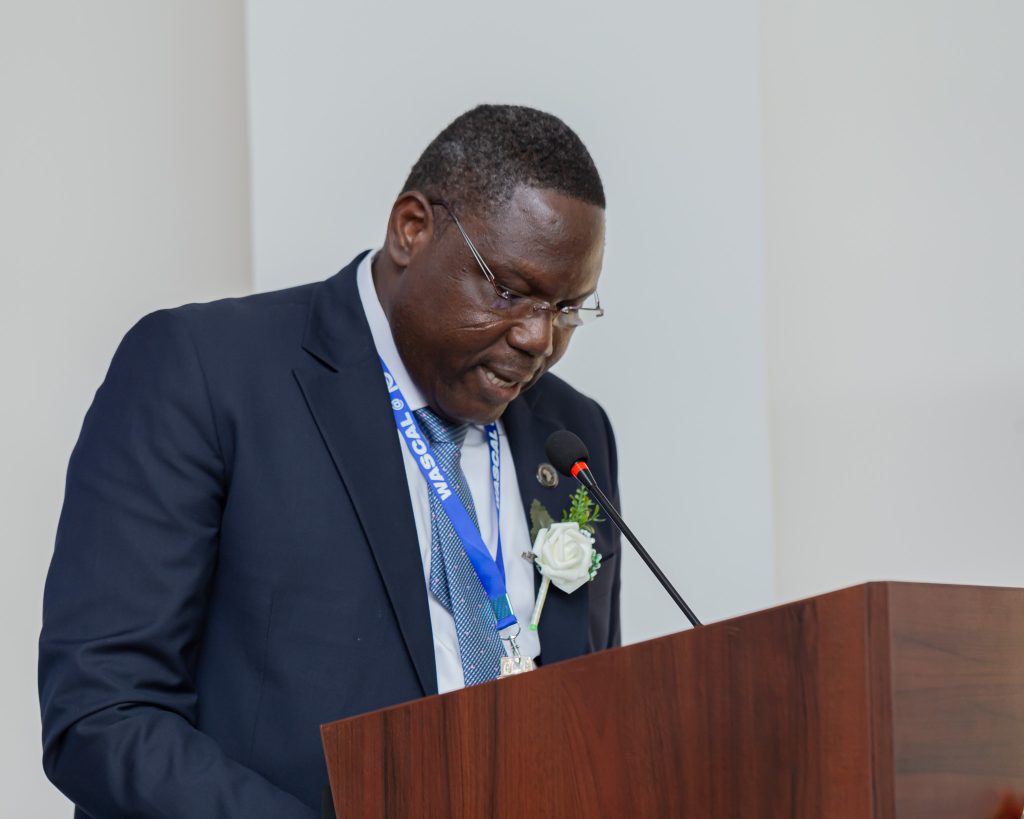
Elaborating on the theme of WASCAL A Decade: The Making of a Climate Change Solution Provider in West Africa, Dr. Moumini Savadogo, Executive Director of WASCAL, pointed out the progress WASCAL had made so far, in its various areas of intervention, including the provision of climate services, research and capacity building. Dr. Moumini Savadogo also stressed on the high-level expertise WASCAL provides for young West African scientists through the establishment of a strong partnership with 12 universities in the sub-region.
‘’With 542 students that we have enrolled in universities with full funding of their scholarships till date, 273 have already finished their training and are at the disposal of their respective countries’ sub-regions and the whole world. All these students already trained, are today key development actors at the local, regional, and global level’’. He said.
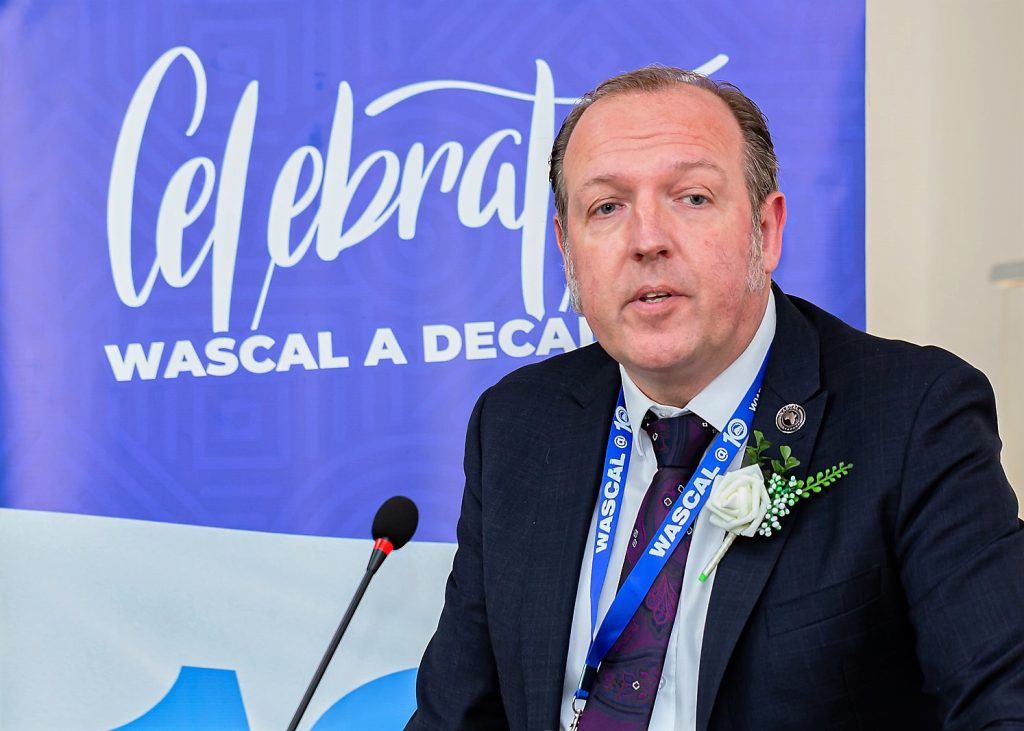
Regarding the new focus on green hydrogen, Dr Christoph Rövekamp of BMBF strongly recalled the necessity of finding ways of promoting the future in terms of sustainable energy supply for the region.
‘’Green hydrogen Atlas for West Africa opens a new chapter for a sustainable energy supply locally, regionally, and globally. Green hydrogen is key to climate neutrality’’.
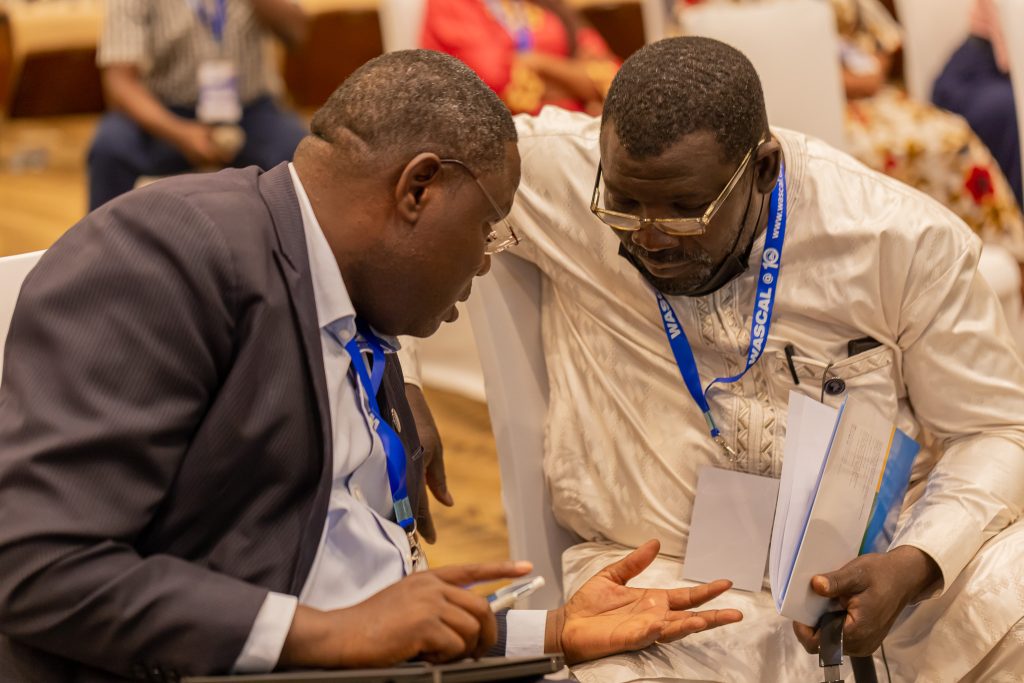
In respect to the Strategies for Excellence in the fight against Climate Change at the Horizon 2030, the President of the Council of Ministers of WASCAL, Prof. Hamadou Keita, said that the prospective vision of WASCAL to 2030 was an ambitious programme which included, among others, the development of a 2023-2026 business plan with regard to the challenges and the strategic orientation for the next ten years, and the training of about 1000 young scientists in the domain of climate and land use.
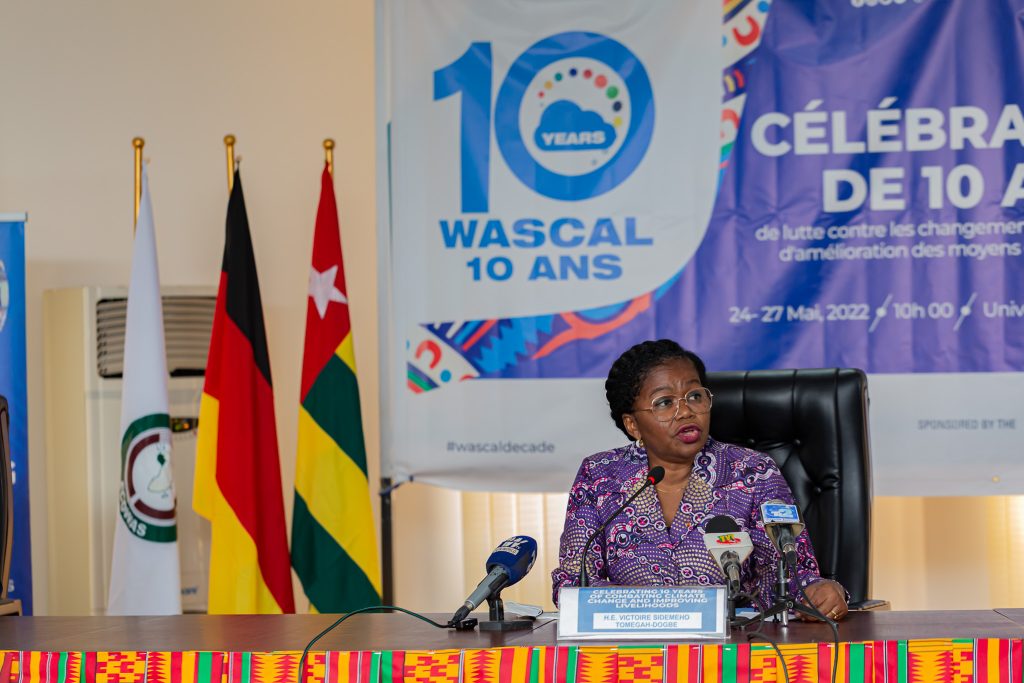
Giving her keynote address, Her Excellency, Prime Minister of Togo, Mrs. Victoire Tomegah-Dogbe, was pleased with the continuous partnership between Togo through WASCAL and BMBF which has allowed development actions over the past decade. She particularly mentioned the importance and relevance of the Doctorate programmes in Climate Change and Disaster Risk Management hosted by the University of Lomé and emphasized on the advantages resulting in the implementation by WASCAL of the hybrid hydro-solar electricity system for the electrification of the village of Gbandidi in the Bas-Mono prefecture.
The ceremony was attended by members of the government of the Republic of Togo, the vice chancellor and academic dignitaries’ members of the diplomatic corps, stakeholders from across the world and member countries.
WASCAL Board Chair, Prof. Mohamadou Hassirou expressed trajectory of WASCAL over the past decade and why the need to celebrate it, while thanking the German Federal Ministry of education and research for their technical and financial support.
“We are proud of what we have achieved as an organization, with the contributions of our various partners in the region and internationally, mark a decade of great stories of sustainable development, improving livelihoods and promoting a green future. We are confident of the next decade as we anticipate greater milestones and accomplishments. Our partnerships with regional and international institutions and platforms and with other over the years go a long to deepen the depth of our contributions to climate change and green hydrogen in Africa. While celebrating the successes, we are also guided by the challenges that we are faced along the way, and we are even more determined to traverse the road to the next decade stronger. We believe that success is not an event. It is a journey, and we shall continue to traverse the road towards our destination of combating climate change, improving livelihoods and promoting green future”. He said.
Since its establishment in 2012, WASCAL has drawn its strength from the members, comprising of eleven West African countries, and its German partners to pursue its vision of becoming one of Africa’s leading science-based institutions in the provision of climate services in and for West Africa. This, it has done successfully by the providing information and knowledge at the local, national, and regional levels to its West African member countries to cope with the adverse impacts of climate change and devise integrated mid and long-term options to build up resilient and productive socio-ecological landscapes, through its three main arms: climate change and environmental services, capacity building and renewable energy projects.
